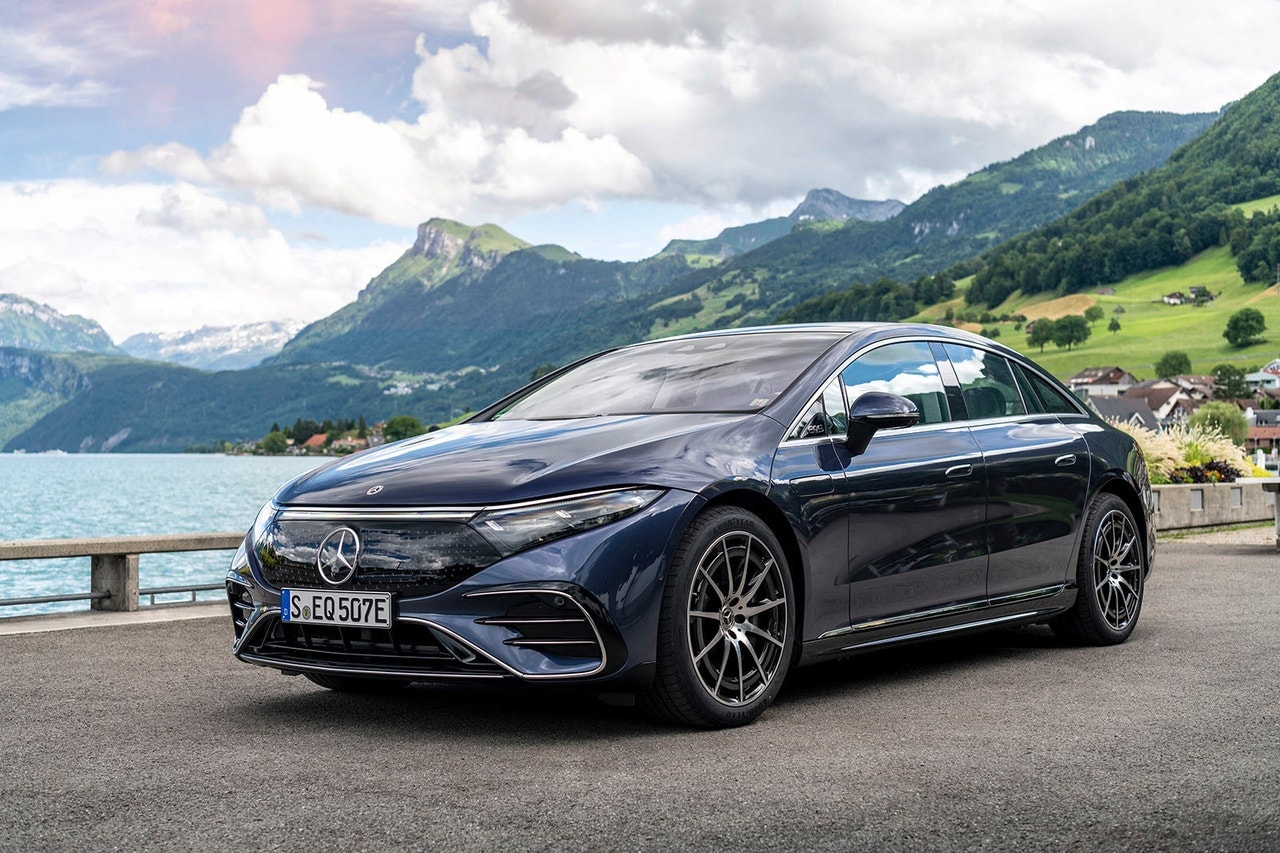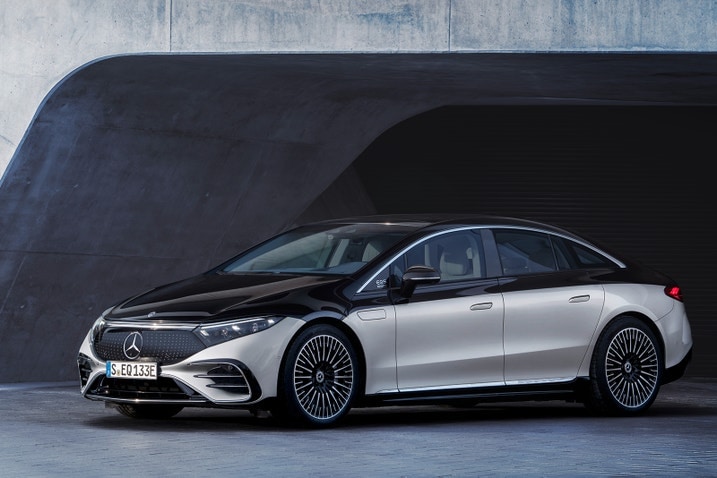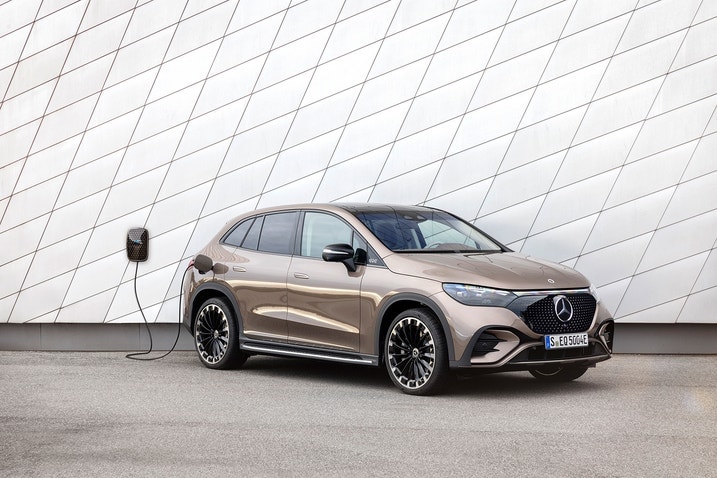- A new subscription service offers Mercedes customers the option to add horsepower to their cars.
- The service charges between $60 per month and $2,950 for the lifetime of the vehicle for power increases.
- Subscriptions like these are set to become the norm if left unchecked.
Mercedes Announces Performance Subscription Model for EQE And EQS
Mercedes wants you to pay for more horsepower. It's a sign of things to come.
Owners and buyers of the new Mercedes-Benz EQE and EQS are now able to pay to unlock additional performance in their cars. Mercedes will offer the optional power increase as an over-the-air update, raising outputs anywhere from 60 to 80 horsepower depending on the vehicle and trim level. Mercedes says 0-60 mph times will fall as well, and by up to as much as a full second.
Customers will be able to download “Acceleration Increase” via the Mercedes Me Connect Store online. Pricing for the updates ranges from $60 a month to $2,950 for the lifetime of the vehicle.
Mercedes EQE 350 sedans see a bump from 288 hp to 348 hp (+60 hp), with the 0-60 mph time falling from 6.0 seconds to 5.1 seconds. Pricing is set at $60 per month, $600 per year or $1,950 for the lifetime of the vehicle. Power and pricing figures are the same for the EQE 350 SUV, though the 0-60 time is slightly slower — the update drops it from 6.2 seconds to 5.2 seconds.
2022 Mercedes-Benz EQS
The story is very similar for the EQS 450 sedan and SUV. Power rises from 355 hp to 435 hp (+80 hp) for both, though the SUV is, naturally, slower to 60 mph. By paying Mercedes for features (that simply should made be available as a factory option), owners are able to shave times from 5.3 seconds to 4.5 seconds and from 5.8 seconds to 4.9 seconds for the sedan and SUV, respectively. Pricing for the EQS SUV and sedan is the same — $90 per month, $900 per year or $2,950 for the lifetime of the car.
Mercedes also says in its press materials that a subscription for hardwired features, like heated seats, will not be offered as “digital extras.” Clearly, Mercedes has seen the backlash other brands like BMW and Toyota have suffered as a result of such offerings.
Despite that, Mercedes has decided that revenue from subscriptions is too easy and too lucrative to ignore. These subscriptions look like no-brainers — Mercedes will make a killing off selling what used to simply be a factory-installed optional extra for a monthly fee. Last year, Mercedes raked in a cool $1 billion from subscriptions, and it looks as though that figure will only grow.
This sets a dangerous precedent: Subscriptions can withhold hardware and physical assets from consumers, things that used to simply be optional equipment with a one-time flat fee. Both Toyota and BMW have (or had) subscriptions for features that are hardwired into cars. Toyota charges for remote-start features, and BMWs in specific markets charge monthly for heated seats. These features are being withheld from a significant portion of the market, often portions of the market that are less well-heeled. Bentley doesn’t charge for heated seats, but BMW does. To charge for features ex post facto hardly strikes us as fair, even for items that are not strictly necessary, like Mercedes’ power increases.
Edmunds says
Subscriptions like this are set to become the norm in the auto industry. Automakers have routinely been able to charge for both software and hardware features in addition to the already considerable cost of their vehicles without any real backlash from consumers. It's unfortunate buyers are nickel-and-dimed over features that should be available upon delivery of the vehicle, and this is unlikely to change without repercussions for automakers.







 by
by